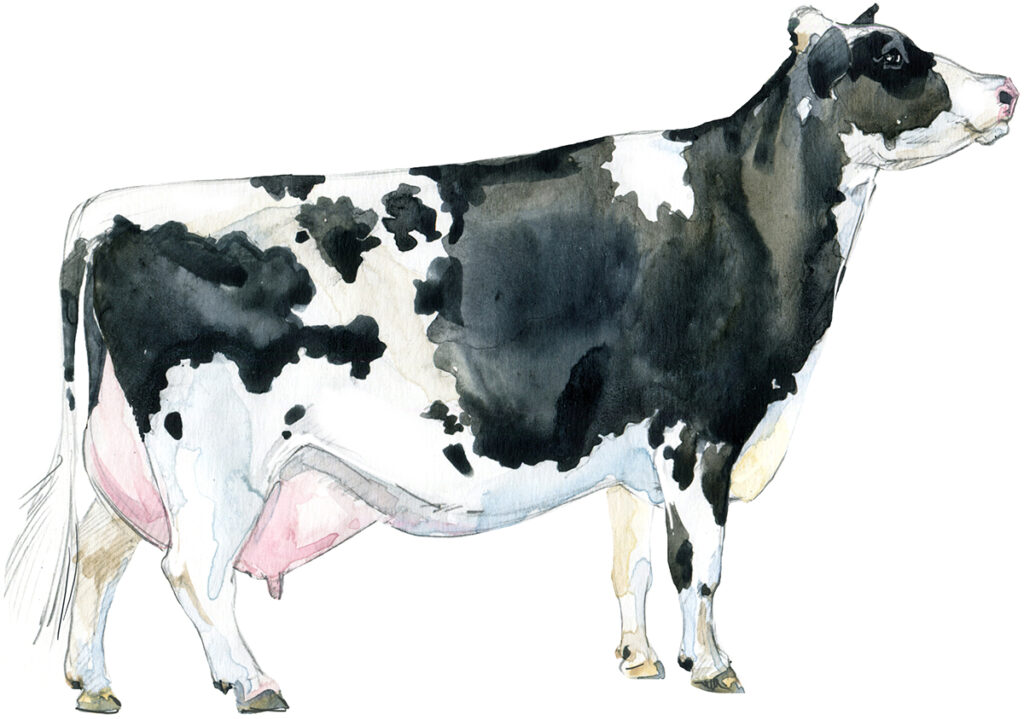Think of these unusual laws as snippets of history that give us insight into the practical solutions that made perfect sense at the time. The first copy of the Texas statutes – laws enacted by the state Legislature – was printed in 1854, with new versions published sporadically. In 1963, the Texas Legislature created the Office of the Code Revisor, which became responsible for reviewing the statutes and keeping them updated and categorized. As time went on, the Texas Legislature considered revamping the laws a low priority due to budget cuts and the red tape that would be required to modernize them.
While the following laws may give you a laugh, remember the joke could be on you if you look the other way – they are technically still enforceable!
KEEP YOUR TRASH TO YOURSELF
Putting your trash in a dumpster that is not your own is illegal. Likewise, dumpster diving in another’s trash – whether for food or items – is considered trespassing and property theft.
IF IT’S NOT YOUR COW, KEEP MOO-VING

Since 1866, cows were considered important enough to warrant a law to protect them. Today, milking someone else’s cow is considered theft of personal property and the Texas Penal Code mandates a fine.
WATCH WHERE YOU PARALLEL PARK YOUR HORSE
Pay attention to where you leave your horse overnight. In some areas of Texas, leaving a horse on a public road or tying it to a tree or street lamp could result in a fine. Back when horses were the primary transportation, this law prevented road obstruction and protected the horses.
CHECK YOUR HORSE’S TAIL LIGHTS
The Texas Penal Code states that “a person riding an animal on a roadway or operating a vehicle drawn by an animal on a roadway has the rights and duties applicable to the operator of a vehicle under this subtitle.” While the law does not specifically state a horse requires taillights, it implies that there is some logic to it.
THREE, TWO, ONE – YOU’RE HITCHED!

Texas is only one of seven states that recognize common-law marriages. All that’s required for an informal marriage are two willing parties – who are over 18, unmarried, and aren’t related – to announce publicly three times that they are married. This arose due to the traveling distance to the county seat for many couples. Like a traditional marriage, a common-law marriage requires a legal divorce and follows state laws regarding property division and child custody.
NO WINDSHIELD, NO PROBLEM!
According to the Texas Transportation Code, the windshield was originally considered a luxury item, was not standard in all vehicles, and was not required. This allowed for owners of cars, such as Jeeps, to fold down their movable windshields. In time, the safety of windshield wipers was recognized and became a mandatory item in every car, though driving with a windshield is still not required.
NO SITTIN’ AND NO SPITTIN’ ON THE SIDEWALK

To keep pedestrian walkways clear and discourage loitering, some Texas cities have ordinances that prohibit sitting on the sidewalk. In Galveston, sitting or lying down on a sidewalk between 7am and 2am will cost you a $500 fine. As part of the anti-camping ordinance, this also includes no sleeping or pitching tents or other structures on publicly owned property.
In El Paso, it is against the law for a person to spit on a sidewalk, floor, wall, public building, taxicab, or public vehicle. Spitting on another person is considered assault and can lead to up to one year in jail or a fine of up to $4,000. If you happen to have a communicable disease and/or spit on a police officer, the jail time and fine will be increased. El Paso law requires public places with no restrooms to have a spittoon on the premises.
